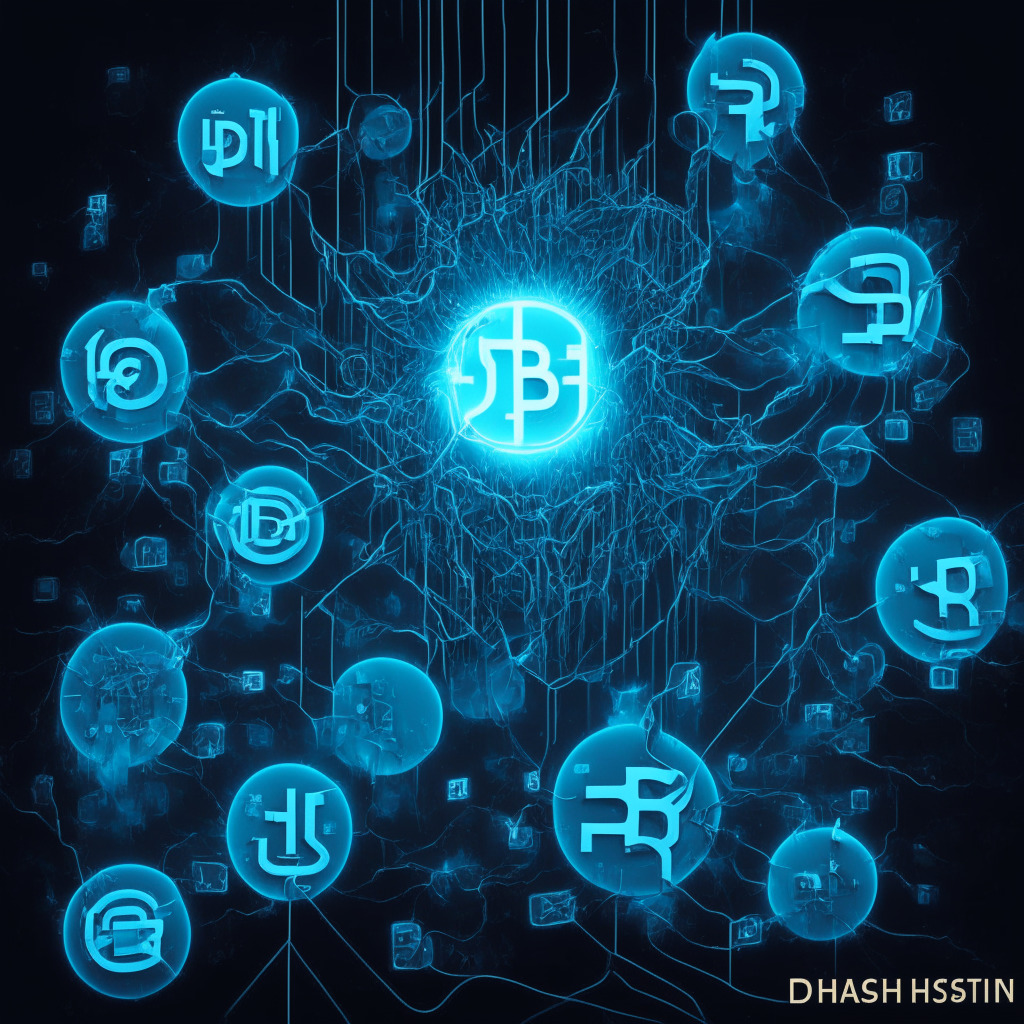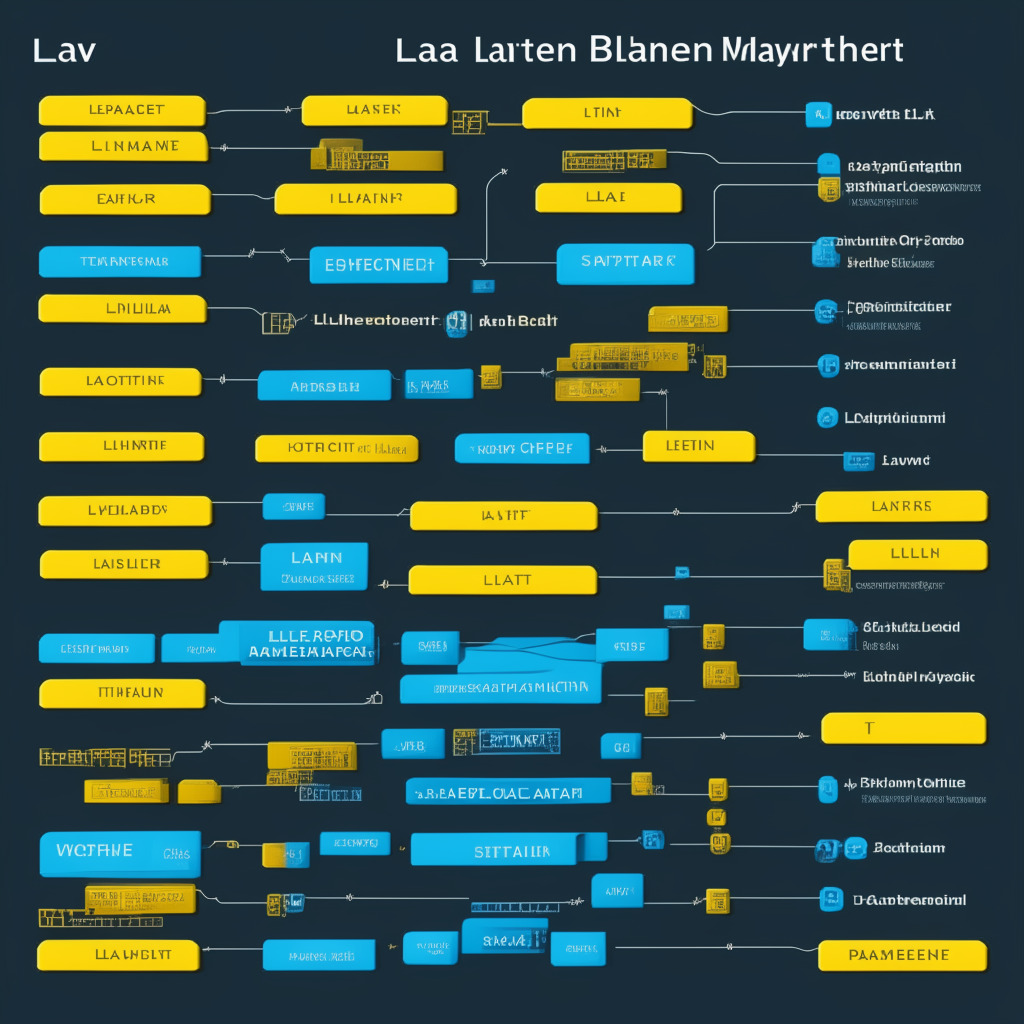This week has been quite illuminating for me as I navigated through El Salvador, conversing with individuals passionate about accelerating the adoption of Bitcoin. I learned about novel strategies to make Bitcoin investment more economically feasible, even with its current price hanging around $29,500, which itself poses an obstacle for many aspiring investors. Bitcoin admirers have coined the term “stacking sats,” referring to the practice of investing in Bitcoin in smaller increments called “satoshis”. Pairing this tactic with Layer Two (L2) integrations such as the Lightning Network could potentially escalate Bitcoin’s commercial viability.
During my exploration, I met Edgar Borja, a Salvadoran entrepreneur and founder of the company K1. Borja has developed a Lightning-enabled ATM which substantially reduces the costs associated with converting fiat to bitcoin, paving the way for a smoother and more comfortable entry into the world of Bitcoin. A simple demonstration of Borja’s invention – depositing 5 cents into the coin slot followed by a minute or two of tapping on the LCD screen – led to a fee-less transaction, so quick and seamless that the notion of making Bitcoin more fluid and user-friendly doesn’t seem that far-fetched anymore.
And yet, setting up a Bitcoin venture in El Salvador isn’t exactly a walk in the park. Despite the government’s active efforts to court American entrepreneurs and investors, Salvadoran banks remain shackled to legacy systems like SWIFT and have yet to go Bitcoin-friendly. Non-bank services are the key players in facilitating digital currency acceptance. Despite their crucial role, getting these services to issue a cashier’s check for Bitcoin transactions and deposit it in a normal bank account remains a significant challenge.
As an entrepreneur experienced in real estate, I had some intriguing thoughts about introducing Bitcoin applications into the sector. El Salvador has yet to evolve in several areas we often take for granted in the U.S., such as property listing and property title management. The blockchain has been suggested as a potential solution to these issues, hinting at opportunities ripe for the picking for ambitious entrepreneurs.
In my attempts to experience the reality of Bitcoin use in El Salvador, I found that not all businesses are equipped to handle Bitcoin transactions yet. In fact, the point of sale components for Bitcoin were non-functional in several places I visited, including a grocery store and a mall. This points to an immediate need for vendors to integrate Bitcoin-friendly mechanisms into their businesses to promote its widespread adoption.
Conclusion? There’s tangible evidence that El Salvador is gearing up to realize President Bukele’s vision for Bitcoin. However, price volatility and hesitant public opinion significantly hinder the path. It may be several years before Bitcoin earns the same level of trust as fiat currencies. Still, every step taken by entrepreneurs like Borja and advocates such as Rivas is a leap towards achieving this goal.
Source: Coindesk




